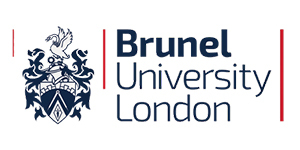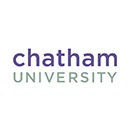Programme Type: Undergraduate
Course Overview
Each allows for the exploration of the many facets of the animated form — from films, games, and AR/VR to digital effects, compositing, sound design, and the integration of animation with live-action storytelling.
The 2D animation concentrates on traditional forms drawn by hand, a mixture of both traditional and digital, or all digital origination. 3D animation courses focus on advanced 3D modeling, lighting, texturing, and animating in a 3D space. Stop motion focuses on digital technology in support of puppet fundamentals and non-puppet frame-by-frame techniques. Additionally, students can work in experimental forms, animated documentaries, and mixed-media storytelling. While students focus on a particular technique, they are encouraged to explore all methods and approaches. The program builds up from foundation drawing and design to full-fledged filmmaking.
Regardless of the medium, students make films from day one, culminating in a thesis film their final year. They learn and create through the entire process, from story, design, and animation to post-production and distribution. They will draw, paint, rig, model, texture, light, build, and animate past the edges of their creativity while learning the art and craft of visual storytelling.
Labs and classrooms are filled with the latest software, technology, sound, and screening options, including TVPaint (2D), Maya (3D), Toon Boom Harmony, Dragonframe (stop-motion), and the entire Adobe Creative Suite.
Graduates of the film degree are qualified to begin careers in the industry (feature films, television, and games) and create their own independent films and content for the global festival circuit or distribution. Students and alumni alike have produced award-winning films and made major contributions to the art, technology, and advancement of animation.
Entry Requirement
Admission Requirements:
The admission process, requirements, and guidelines are the same for all undergraduate students. As an international student, you will also be required to demonstrate English language proficiency, and RIT will consider students at all levels of English language proficiency for admission.
You should apply for undergraduate admission to be considered for these options:
- Full university admission: If you meet English language proficiency standards, you will be considered for admission to the academic degree program you choose.
- Conditional university admission: If you do not meet English language proficiency standards you will be considered for admission, and will need to complete additional courses through RIT’s English Language Center in addition to their academic degree program.
|
Test Type |
Minimum Score for Full Admission |
Score for Conditional Admission |
|---|---|---|
|
Internet Based TOEFL (iBT) |
79 |
78 or lower |
|
PTE Academic |
58 |
57 or lower |
|
IELTS |
6.5 |
6.0 or lower |
Fees
Full-time Tuition (12-18 credit hours)
Per Semester: $26015
Per Year: $52030
Total Estimated Cost of Attendance
Per Semester: $34638
Per Year: $69276
Part-Time Tuition Fees
The charge per credit hour is $1760. Multiply the number of credit hours by this amount to calculate your total.
This information was accurate on : 08/04/2021
Please contact us for more information about this courses


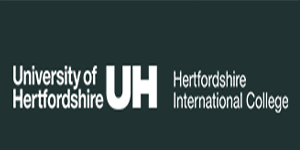
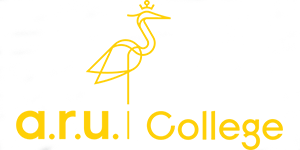

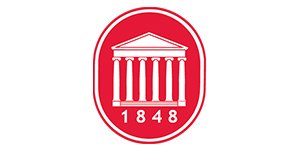
.jpg)
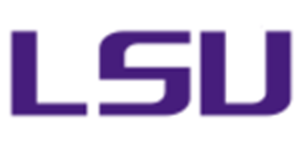
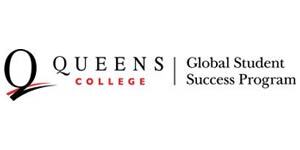
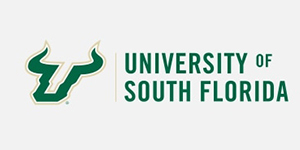
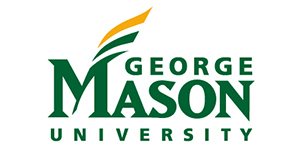

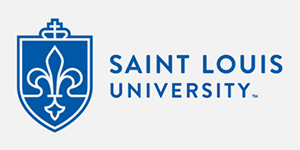

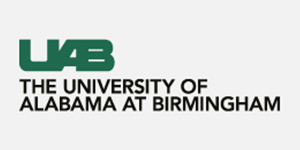
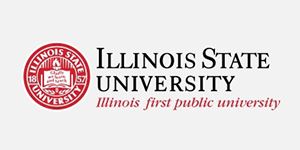
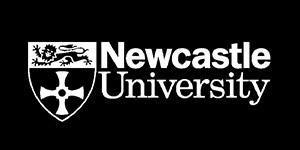
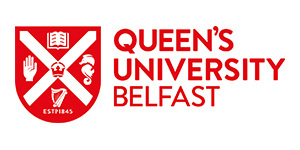

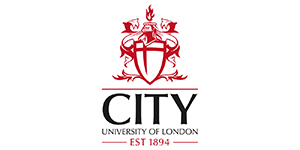

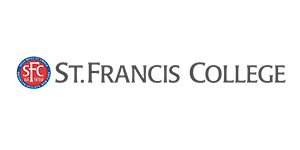


.jpg)


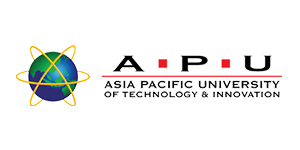

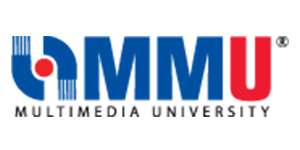

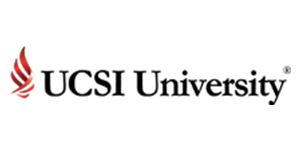
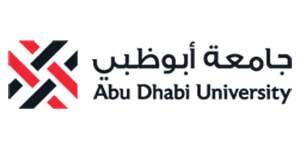
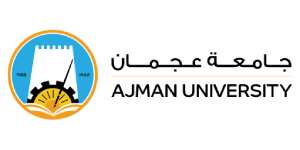
.jpg)

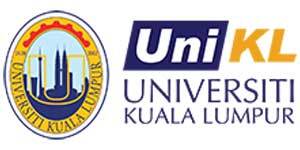
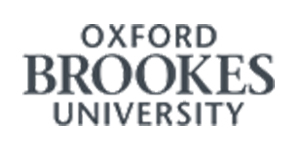
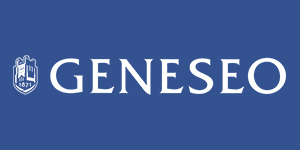



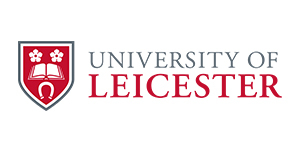
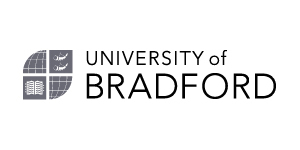



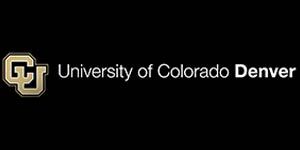


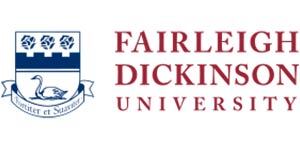

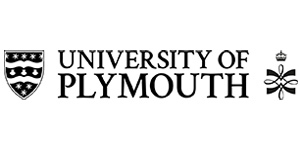

.jpg)
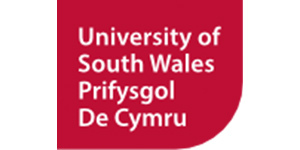



.jpg)
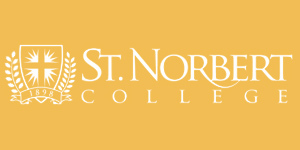
.jpg)
